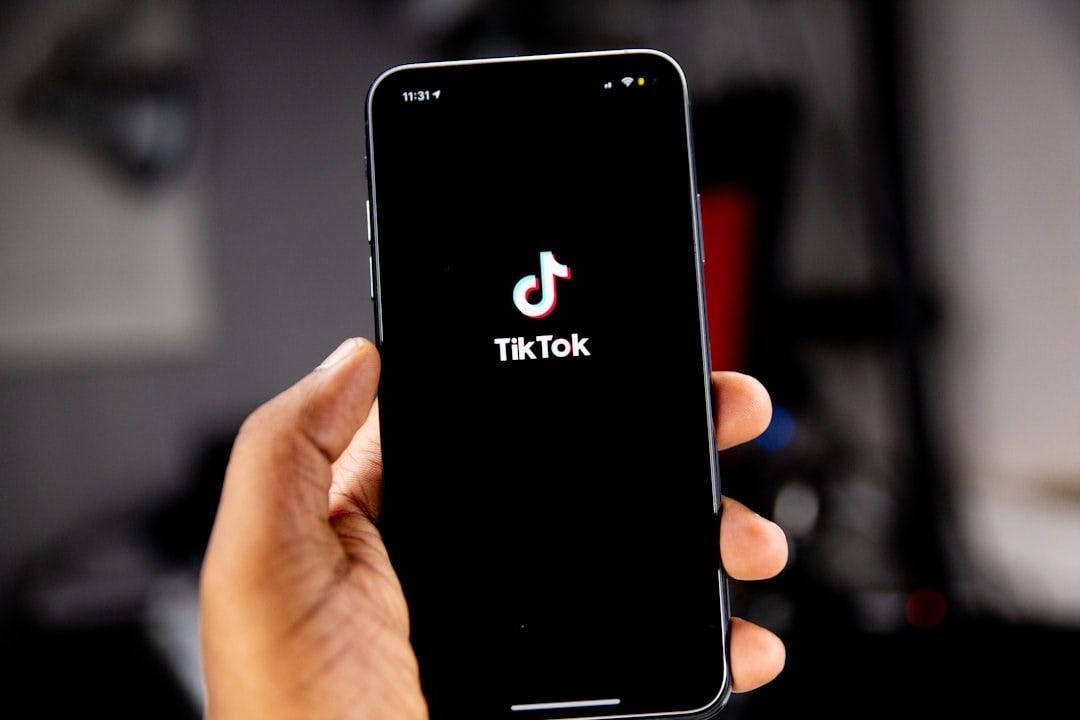207 reads
TikTok Challenges Ban, Cites Fifth Amendment's Due Process Clause
by
May 9th, 2024
Audio Presented by

Legal PDFs of important tech court cases are far too inaccessible for the average reader... until now.
About Author
Legal PDFs of important tech court cases are far too inaccessible for the average reader... until now.
